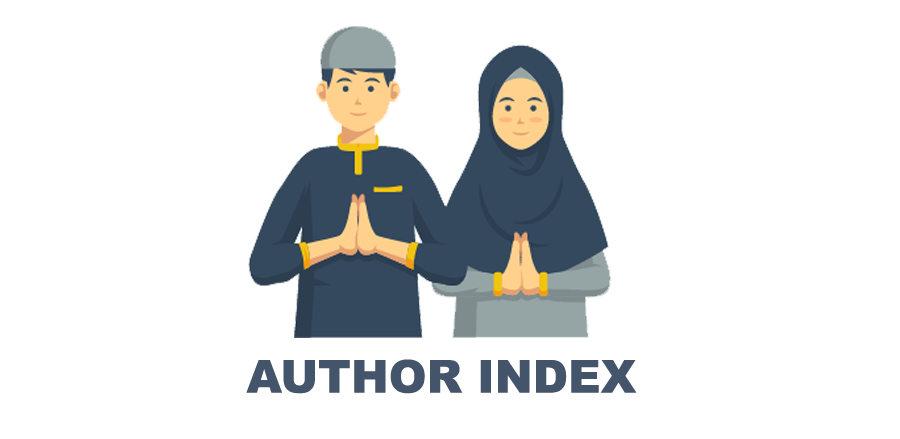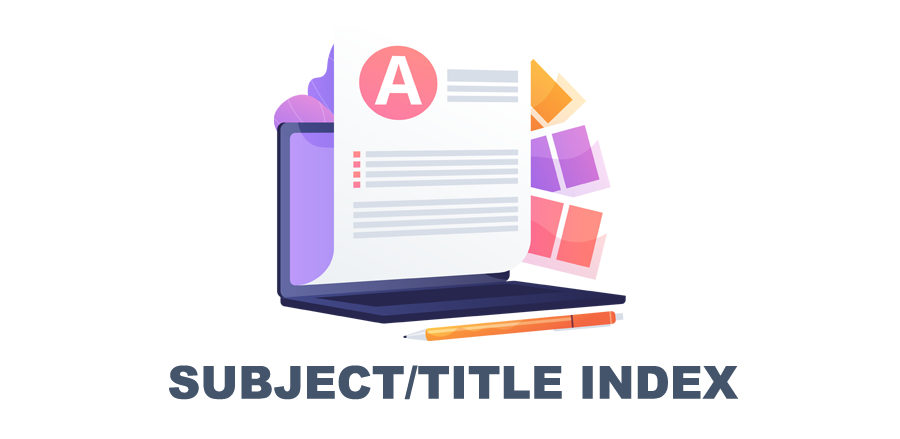Counterpoint to the primordial nature of human learning processes in Gagné and alFarabi's perspective about learning behavior
DOI:
https://doi.org/10.32616/pgr.v3.1.169.105-112Keywords:
human learning processes, Gagné, al-Farabi's, learning behaviorAbstract
Education focuses on vehicles seeking knowledge in it, because it has specific goals and meanings in the Islamic worldview. The principle promoted by Gagné has led to a number of learning design conventions and techniques that determine the full sequence of content related to the learning objectives provided, and techniques have also been expanded to design and sequence learning programs. On the other hand, the emphasis on the vertical, eternal or spiritual dimensions is the ideological basis for Islamic education. While Western education theory emphasizes materialistic and utilitarian, Islam is not complete if it touches a holistic individual. This is a form of worship intended for the improvement of this world and the hereafter. al-Farabi put forward the theory that humans have the power that if honed properly will make humans able to capture the science of hudana in the form of revelation and inspiration and called mustfad sense. The conclusion of this discussion is: Gagné classifies learning outcomes in five main categories; intellectual skills, cognitive strategies, verbal information, motor skills and attitudes as abilities learned while Al-Farbï also speaks of three stages of intelligence: potential or latent intelligence, intelligence in action, and acquired intelligence. Gagne Also identifies different learning levels for the purpose of sequeneing instructions. He believes that teaching must begin with the simplest skills and continue hierarchically to a greater level of difficulty while Al-Fàbï indicates that education must begin after the age of eleven, the education process must be designed so that the first ten years of a child's life are dedicated to physical training and training while the next ten years are dedicated to learning various sciences (arithmetic, astronomy, and music) and the next five years for logic and polemics. The student must then spend the next fifteen years of his life developing skills and skills in whatever he has learned and, after reaching the age of fifty, he must concern himself with teaching and educating others
Downloads
Downloads
Published
Issue
Section
License
Copyright (c) 2019 Ahmad Mustofa Jalaluddin Al Mahalli

This work is licensed under a Creative Commons Attribution 4.0 International License.







